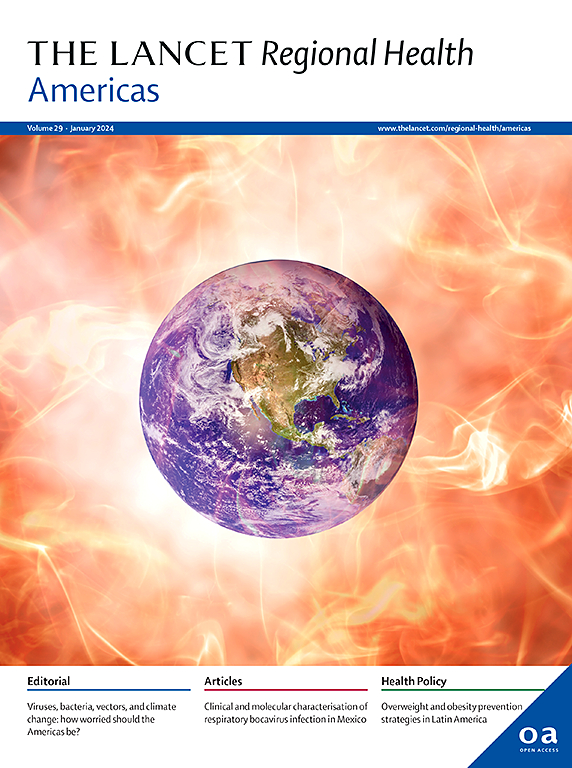Intersectionality and diversity, equity, and inclusion in the healthcare and scientific workforces
IF 7
Q1 HEALTH CARE SCIENCES & SERVICES
引用次数: 0
Abstract
Enhancing diversity, equity, and inclusion (DEI) in the scientific and healthcare workforces∗ promotes research innovation and equitable access to quality healthcare. Efforts to advance DEI within the global scientific and healthcare workforces have assumed a new urgency given the strain caused by the COVID-19 pandemic, the aging of the global population, and the persistent shortages in the healthcare workforce, particularly in low- and middle-income countries. Yet, these fields continue to struggle to promote DEI. Considering the impact of intersectionality—how multiple identities interact to create unique experiences of privilege and power—within these workforces will enhance efforts to promote DEI. This series explores the impact of intersectionality on scientific and healthcare workforce DEI and how prominent institutional and structural factors (e.g., sexism and racism), as well as their interpersonal manifestations, can create barriers for workers with multiple intersecting marginalised identities. This paper, the first in a three-part series, describes how intersecting identities interact with workplace inequities and suggests ways to incorporate intersectionality into DEI efforts within the scientific and healthcare workforces.
∗We use the phrase scientific and healthcare workforces throughout this article to broadly encompass individuals associated with the biomedical, clinical, behavioral, and population science workforce.
求助全文
约1分钟内获得全文
求助全文
来源期刊

Lancet Regional Health-Americas
Multiple-
CiteScore
8.00
自引率
0.00%
发文量
0
期刊介绍:
The Lancet Regional Health – Americas, an open-access journal, contributes to The Lancet's global initiative by focusing on health-care quality and access in the Americas. It aims to advance clinical practice and health policy in the region, promoting better health outcomes. The journal publishes high-quality original research advocating change or shedding light on clinical practice and health policy. It welcomes submissions on various regional health topics, including infectious diseases, non-communicable diseases, child and adolescent health, maternal and reproductive health, emergency care, health policy, and health equity.
 求助内容:
求助内容: 应助结果提醒方式:
应助结果提醒方式:


